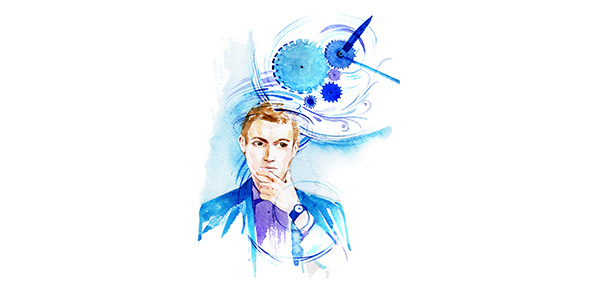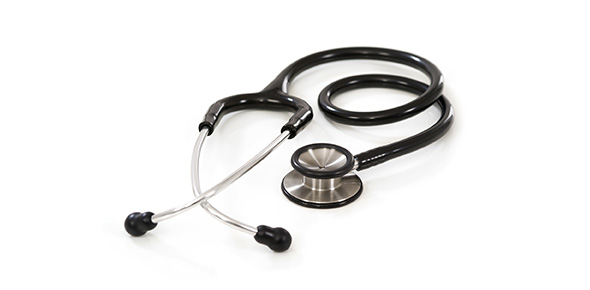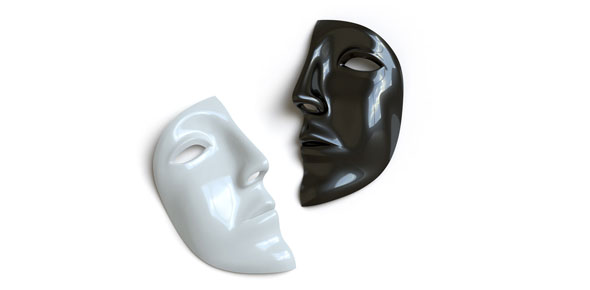Related Flashcards
Related Topics
Cards In This Set
| Front | Back |
|
Stress
|
The body's nonspecific response to any demand made on it; physical and mental arousal to situations or events that we perceive as threatening or challenging.
|
|
Stressor
|
Trigger that prompts a stressful reaction.
|
|
Eustress
|
Pleasant or beneficial stressex: moderate exercise
|
|
Distress
|
Stress that is unpleasant or objectionable,ex: from chronic illness
|
|
Life change
|
Early stress researches Thomas Holmes and Richard Rahe believed that any life change that required some adjustment in behavior or lifestyle could cause some degree of stress.
|
|
Cataclysmic event
|
Events such as terrorist attack, or single events like death or a birth. NOT ALL STRESSFULL SITUATIONS ARE THESE.
|
|
Chronic stressors
|
Such as a bad marriage, poor working conditions, or an intolerable political climate.
|
|
Job stress
|
Due to recent global economic meltdown, this has become pressing concern. It includes unemployment, keeping or changing jobs, job performance, etc.
|
|
Hassles
|
can pile up and become a major source of stress. Ex time pressures and financial concerns
|
|
Burnout
|
A result of persistent hassles, physical, mental, and emotional exhaustion occurs.
|
|
Frustration
|
Can cause stress, the more motivated we are, the more frustrated we are when our goals are blocked.
|
|
Conflict
|
When we are forced to make a choice between at least two incompatible alternatives.
|
|
Approach-approach conflict
|
Forced choice between two or more favorable alternatives. Either choice will have positive results; the requirement to choose is the source of stress.
|
|
Avoidance-avoidance conflict
|
Forced choice between alternatives that will have both desirable and undesirable results, which generally lead to a great deal of ambivalence.
|
|
Approach-avoidance conflict
|
Forced choice between alternatives that will have both desirable and undesirable results, which generally leads to a great deal of ambivalence.
|






